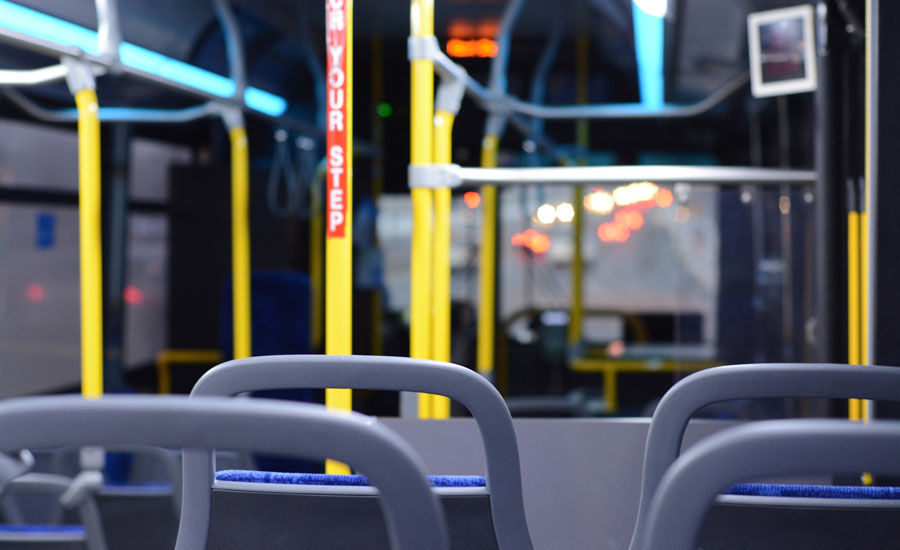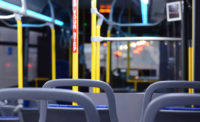California, feds battle over bus driver meal, rest breaks

In a state v. federal fight regarding worker protections, California and the bus industry are butting heads over hours of service (HOS) regulations. The latest salvo was fired this week, when California Attorney General Xavier Becerra urged the Federal Motor Carrier Safety Administration (FMCSA) to deny a petition by the American Bus Association (ABA) that claims California labor protections for bus drivers are preempted by federal law.
“Depriving drivers of adequate meal and rest breaks undermines regulations put in place to protect the welfare of California workers,” said Becerra. “We refuse to sit by as the ABA attempts to avoid granting basic workplace protections to bus drivers.”
The ABA’s petition follows a similar petition filed by the American Trucking Association in 2018, which resulted in a preemption ruling by the FMCSA. A federal district court subsequently ruled that the preemption applied to cases that commenced before the determination was issued. The court held that the FMCSA’s order “bars enforcement of the relevant provisions of the California Labor Code as applied to property-carrying commercial vehicle drivers.”
That FMCSA determination remains mired in legal challenges.
State law
California laws require transportation industry employers to provide workers with a minimum 30 minute meal period after five hours of work, unless the total work day is no more than six hours long. The employee must be relieved of all duty during the meal period, unless the nature of the work prevents that. A ten minute rest break per every four hours is also mandated, preferably within the middle of the work period.
Fatigue and accidents
In its petition, the ABA notes that the California Meal and Rest Break Rules (MRB) “are presumably designed to limit the fatigue of transportation workers, and thereby prevent fatigue-related accidents, by designating meal and rest breaks of fixed durations at certain intervals in the work period…But that fact merely recognizes that fatigue might play a role in accidents in many industries, including transportation using commercial trucks and buses. That the relationship between worker hours and safety is not exclusive to commercial motor vehicle transportation does not in any way prohibit FMCSA from exercising its statutory authority to ensure that the state’s requirements have a safety benefit, are not incompatible with the federal regulations applicable to the same activity, and do not unreasonably burden interstate commerce.”
California Labor Secretary Julie A. Su focused on worker well-being in comments about the ongoing regulatory dispute.
“California bus drivers have a right to basic worker protections that include meal and rest breaks,” said Su. “Any scenario that allows drivers to work from 10 to 15 hours a day without breaks not only creates a public safety issue, but violates California labor laws that protect workers across industries. We will resist any efforts to undermine the state’s right to set employment standards that protect workers and create a level playing field.”
Looking for a reprint of this article?
From high-res PDFs to custom plaques, order your copy today!





.jpg?t=1721257160)